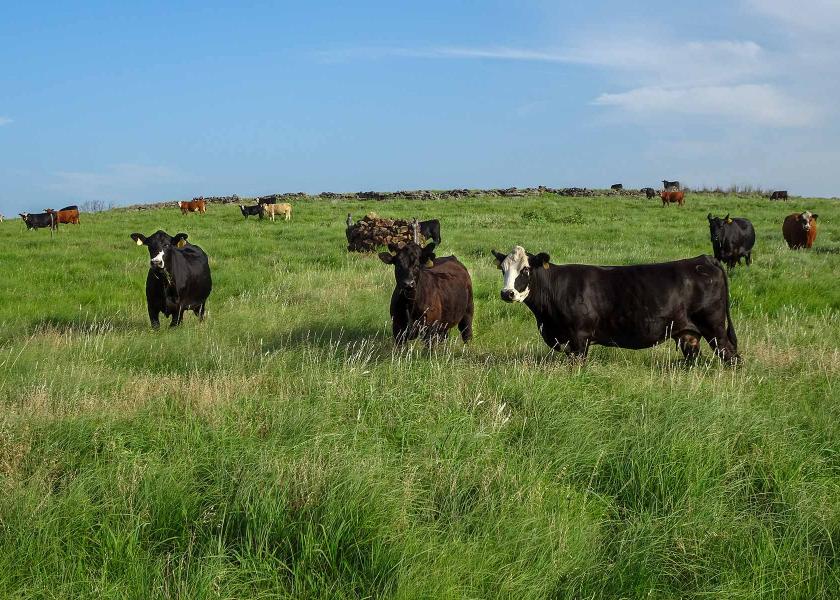Nalivka: Challenges Down the Beef Supply Chain

It will never stop! I had no sooner sent my last article for publication regarding the “Federal Grazing Challenges” brought on by “Rewilding the American West” when the next article with a bad idea at the consumer end of the beef supply chain appeared. The anti-cattle, anti-beef agenda has definitely picked up the pace.
So, where do the next “research” findings take us? Referencing an article on Meatingplace.com, a group of economists and environmental scientists at the University of Oxford in Oxford, England which happens to be the oldest university in the English-speaking world (are you impressed yet), determined that if an environmental tax were put on retail meat prices, it could help to lower consumption and greenhouse gases. The researchers added that the average retail price of beef would have to be increased by 35% to 56% to “reflect the environmental cost to produce it.” I am not quite sure what that means. But, again, the point they were driving at was that an environmental tax on retail meat prices could help lower greenhouse gases! Their findings were published in the Review of Environmental Economics and Policy.
I find the conclusion of this research astounding. First, that it took a group of researchers from the oldest university in the English-speaking world to determine that taxing (raising the price) of a good could reduce consumption and secondly, to then tie that brilliant idea of reducing consumption to saving the planet. I might have to go back to the University of Nevada-Reno and redo my Master’s degree in Agricultural and Resource Economics!
Those of us who are involved in commodity markets know that higher prices can impact consumption. However, we have only analyzed the impact of market forces, not the government using a tax to reduce consumption. Perhaps, the environmental costs are not covered when the forces of supply and demand lead to higher prices and reduced consumption as we may experience next year.
It does not surprise me that this research was completed or published. We will see more of this “research” as well as “research” concerning the impact of grazing on land and water resources and it is bound to point to the negative impact on the U.S. cattle and beef industry, particularly when taking into consideration the suggestion to combine the meat taxes with public policy. This idea of a meat tax has little or no chance of succeeding. But, the much bigger issue for the beef industry is that the discussion is mounting. My take is that the beef industry is at a crossroads and the environmentalist’s determination to take cattle off the planet will only increase.







